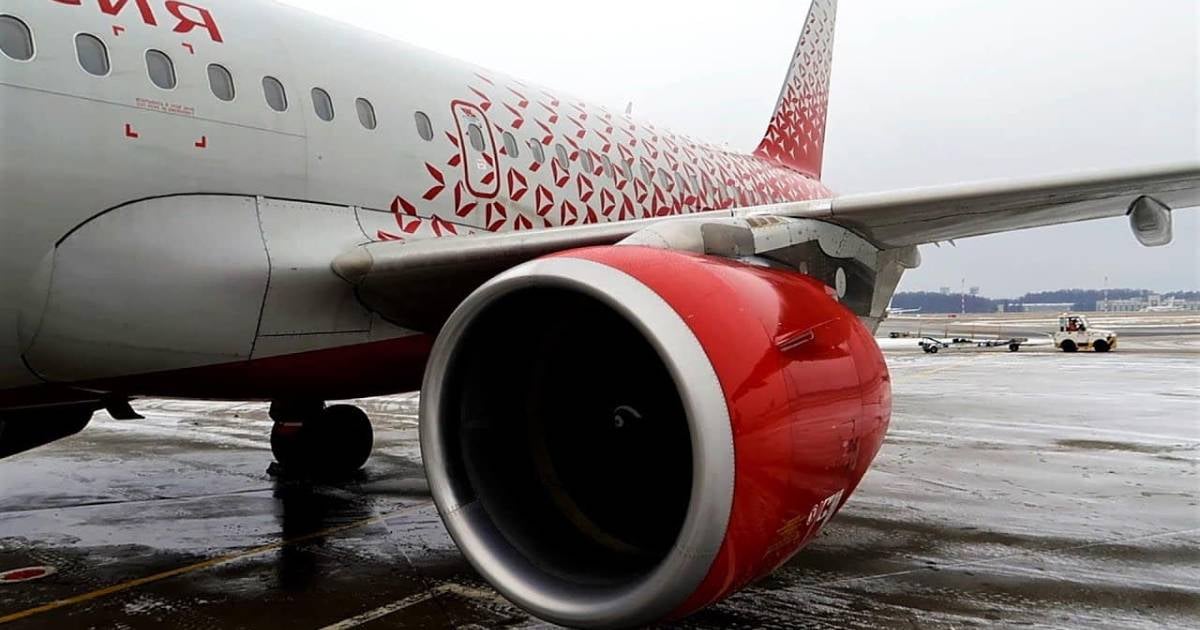An official announcement from Cuban authorities reveals a shortage of JET-A1 aviation fuel that will impact the international airports of Havana and Varadero between December 1 and December 8. This has prompted numerous tour operators to alert travelers about the situation.
This development has led several airlines to issue warnings, particularly targeting Russian tourists, advising them to remain in close contact with their tour operators for updates on flight schedules. As Canada and Russia are the primary sources of tourists to the Caribbean island, this shortage could leave thousands stranded.
The official statement from Cuban Aviation, signed by José Ramón Hernández, Director of Operations at ECASA, indicates that the fuel issue may persist "until further notice." The Russian Embassy in Cuba posted on its Facebook page, urging Russian tourists already on the island to stay in constant communication with their tour operators due to the Cuban authorities' notice regarding the fuel shortage at Havana and Varadero airports from December 1 to 8.
While specifics on which flights might be affected have not been disclosed, this situation could cause delays, rescheduling, or even cancellations of international flights. The notice comes amid an energy crisis impacting various sectors of the Cuban economy.
Fuel shortages are a recurring problem in Cuba. On October 18, a nationwide blackout affected the Havana airport and the rest of the country.
FAQs about the Fuel Shortage at Cuban Airports
What is causing the fuel shortage at Cuban airports?
The shortage is due to a broader energy crisis affecting various sectors of the Cuban economy, leading to a lack of JET-A1 aviation fuel.
How long will the fuel shortage affect Cuban airports?
The current shortage is expected to impact airports from December 1 to December 8, but it may extend until further notice.
Which travelers are most affected by this situation?
Tourists from Russia and Canada, as the main sources of visitors to Cuba, are likely to be most affected by the disruptions.
